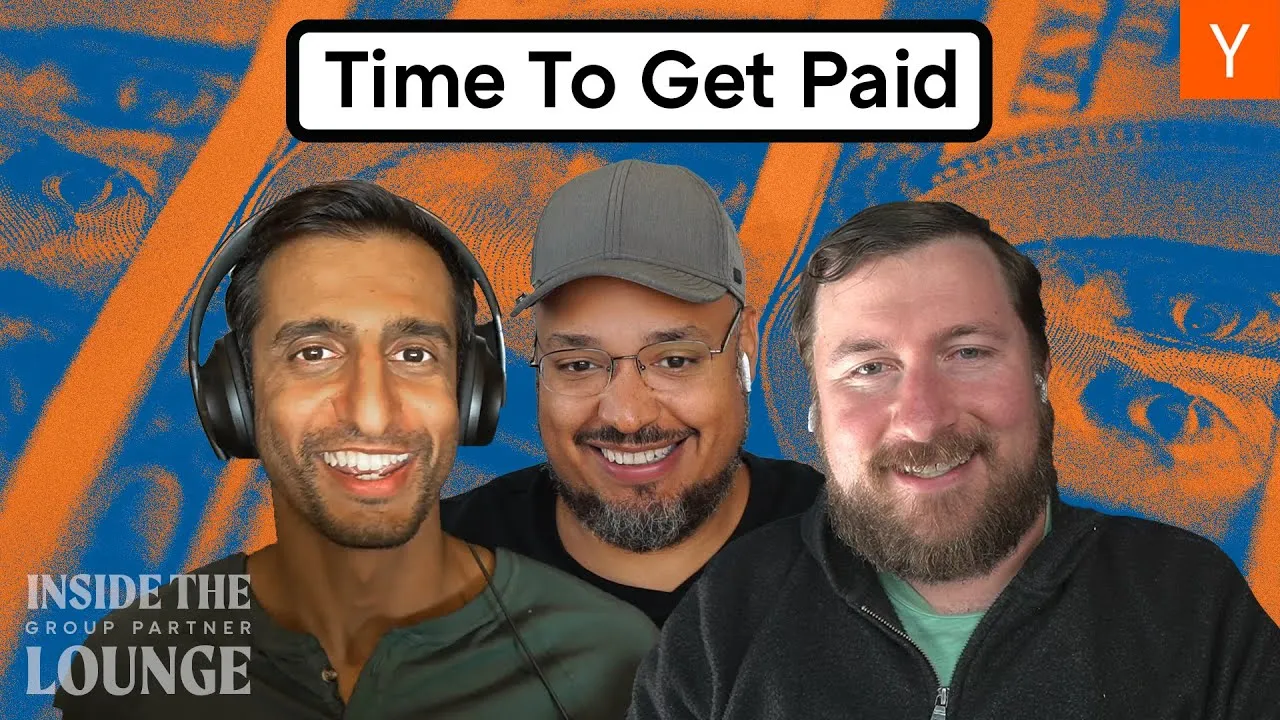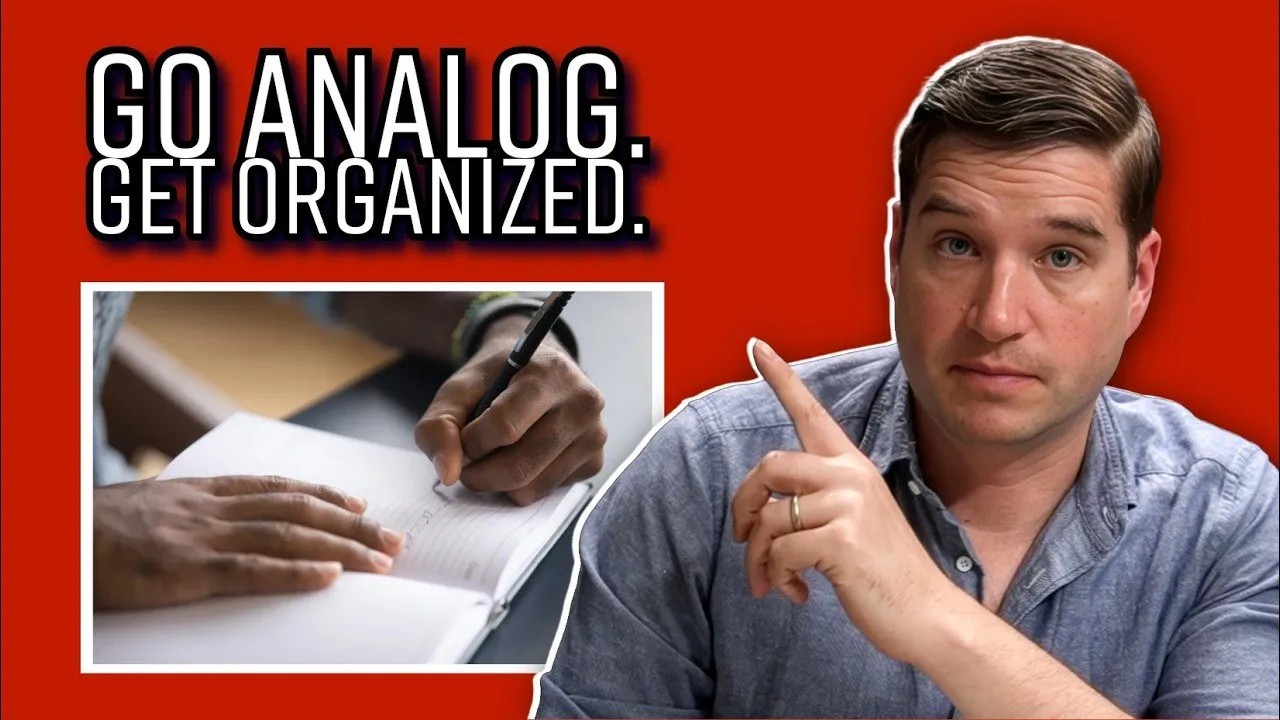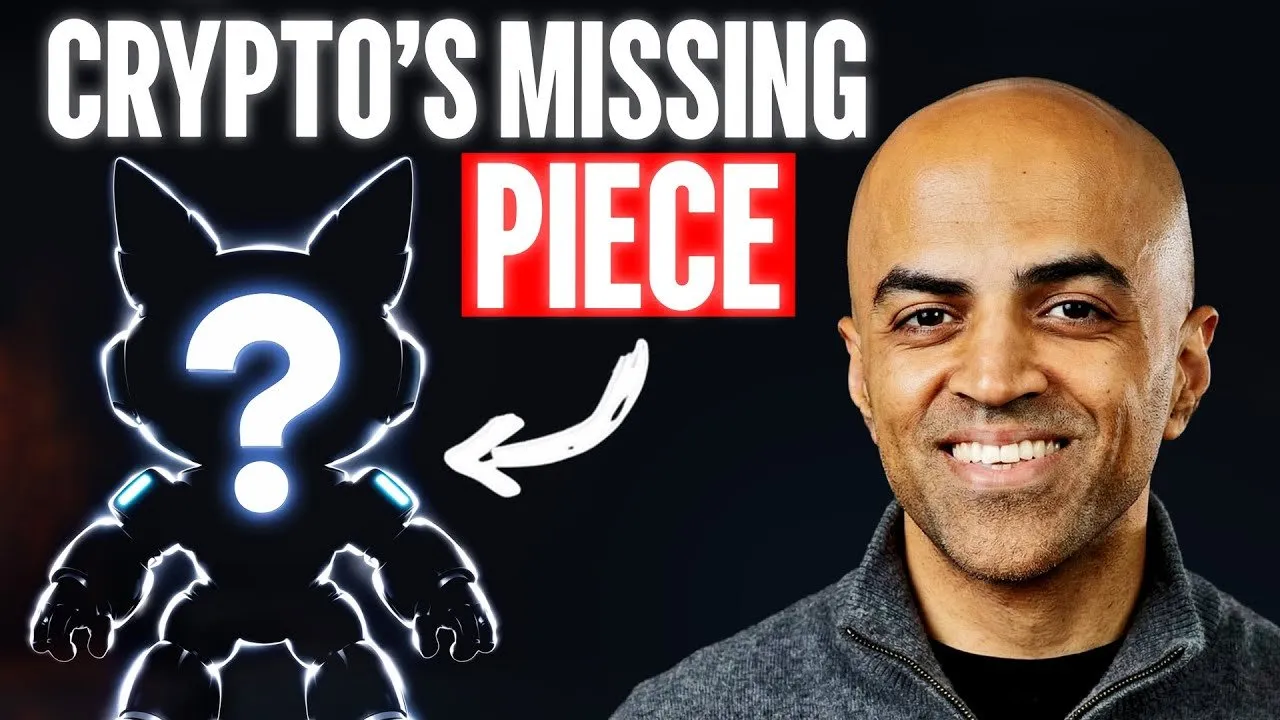Table of Contents
Y Combinator partners reveal why founders resist monetization, the hidden costs of free products, and how charging users creates better feedback than endless free pilots.
Key Takeaways
- The best product feedback comes "in the three seconds after you tell them the price" through genuine customer reactions rather than polite free user responses.
- Founders wrongly believe pricing decisions are permanent, creating perfectionism paralysis when they can actually grandfather existing users and adjust prices for new customers.
- Free enterprise pilots often signal weakness to potential customers who question whether non-paying vendors can provide reliable support and long-term viability.
- Successful companies like Dropbox set initial pricing arbitrarily, with founder Drew Houston admitting he "just picked" $9.99 monthly pricing that may have "cost hundreds of millions in revenue."
- Revenue validates product-market fit more definitively than usage metrics, preventing founders from wasting years on ideas that generate engagement without willingness to pay.
- Freemium and open-core models work when founders track conversion metrics and have structured upgrade paths, not as excuses to avoid monetization indefinitely.
- Consumer social platforms requiring massive scale for advertising revenue represent legitimate exceptions, but most B2B and productivity tools should charge from early stages.
- Starting to charge requires minimal capital investment compared to product development, making pricing experiments low-risk ways to validate business models and customer value perception.
The Feedback Trap: Why Free Users Lie
- Y Combinator partners consistently observe that "every batch we have a lot of new startups come in and one of the most common pieces of advice that we give over and over and over again to the founders is it's time to start charging." This pattern repeats because founders optimize for polite feedback over honest market validation.
- Free users provide fundamentally different feedback than paying customers because they lack investment in the product's success. Michael notes that founders "optimize for feedback over revenue" without recognizing that paying customers give more valuable, honest insights about product utility and market positioning.
- The moment of pricing revelation produces the most authentic product feedback available to founders. As the partners emphasize: "the best feedback you're gonna get about your product is in the three seconds after you tell them the price...the facial expression that they make or the tone of voice that they use that's often the most honest reaction you're gonna get."
- Free pilots with enterprise customers often backfire by signaling uncertainty about product value. Large companies "spending money on software is just something they do normally every day" and may interpret free offerings as indicators of incomplete or unreliable solutions requiring future paid alternatives.
- The anti-signal of free pricing creates hidden objections among potential enterprise customers who wonder "are they gonna be able to support us" and "will onboard us" when vendors don't demonstrate confidence through pricing. These concerns often prevent deals that charging would have closed.
- Feedback quality improves dramatically when customers invest financially because they become stakeholders in the product's success rather than casual observers providing perfunctory responses to avoid hurting founders' feelings.
The Perfectionism Prison
- Founders create artificial barriers by believing "there's like no redos" in pricing decisions, leading to endless analysis paralysis while competitors gain market advantage through faster iteration and customer learning cycles.
- Brad observes that founders commonly rationalize delay with "oh well i don't know exactly how to price my product yet and there's there's no way that i can go out to the market with this price and then change it" despite pricing being among the most flexible aspects of business model experimentation.
- Successful companies demonstrate pricing flexibility throughout their growth phases. Partners regularly remind founders that "every week you can change your pricing if you look at some of the most successful startups they have new pricing all the time right they're always testing it just like they're testing the features in their app."
- The grandfathering solution eliminates most pricing change concerns: "you can always grandfather users in you can whatever your current uses are today you can always keep them on that plan and raise the prices for new users" while maintaining existing customer relationships.
- Y Combinator often resolves pricing paralysis through arbitrary decision-making during office hours: "it's pretty common i think in office hours for us to just pick a number out of thin air and say there's your price right there that's what you're going to start charging tonight" forcing founders past analysis paralysis.
- Drew Houston's Dropbox pricing story exemplifies successful arbitrary pricing where "you know i just picked earth in there like a reasonable number" that may have "cost us hundreds of millions of dollars of revenue we don't really know but like it was fine" because movement mattered more than optimization.
Revenue as Product Validation
- Usage metrics without revenue create dangerous illusions of progress, particularly when founders claim major companies as customers without financial commitment. Partners note that founders "think they have all these customers oh yeah like apple's a customer and then you drill into it like how much they pay you it's like oh like nothing."
- The difference between engagement and willingness to pay reveals fundamental product-market fit gaps that free usage obscures. Michael emphasizes: "you have to do the actual sale like you have to get revenue in the bank to know that what you're working on is right and it's like if you have zero revenue it just hits you in the face you know you're failing."
- Free enterprise pilots fail to validate the most crucial business assumption: whether decision-makers will allocate budget and political capital for the solution. Partners stress that charging proves "your champion or the the person that is in charge of the deal on the other side will spend some capital...political capital financial capital something out of their budget."
- Revenue validation prevents years of wasted effort on fundamentally flawed business models. Without charging, founders can maintain false optimism about products that generate interest but insufficient value to justify payment, leading to extended periods building solutions customers won't buy.
- The psychological impact of first revenue creates momentum and confidence that free usage cannot replicate. Paying customers provide validation that enables founders to invest more confidently in scaling and improving products with proven market demand.
- Enterprise customers often respect vendors more when they charge appropriately, viewing pricing as a signal of product maturity, company stability, and long-term support capability rather than experimental side projects.
Legitimate Free Model Exceptions
- Freemium models work when founders implement "two things that are really important" according to Harj: structured conversion paths with "some constraint that people want to get around like they want more users they want more messages" and disciplined tracking of "whether your free users are converting into paid users and over what time frame."
- Open-core companies like GitLab succeed with free offerings because "there's a plan and and everything is still being tracked" with sophisticated understanding of developer adoption leading to enterprise sales rather than indefinite free usage without conversion strategy.
- Consumer social platforms represent legitimate exceptions requiring massive user bases for advertising revenue, but founders must honestly assess whether they're building "a social media facebook twitter type company" rather than using social elements to justify avoiding monetization.
- The Slack success story demonstrates effective freemium execution where free tiers created genuine adoption leading to enterprise upgrades, but this required careful constraint design and conversion optimization rather than hoping payment would eventually materialize.
- Airbnb's early monetization decision illustrates the importance of solving payment friction rather than avoiding it. While "couchsurfing...existed when airbnb came out" as a free alternative, Airbnb's founders chose to "figure out a really good way to handle the money because that needs to be a part of it."
- Free models require the same rigor as paid models in terms of metrics, conversion tracking, and clear paths to monetization. The difference lies in timeline and conversion mechanism, not in avoiding commercial validation indefinitely.
Overcoming Charging Resistance
- The fear of losing customers through pricing often proves unfounded because qualified prospects expect professional software to cost money. Free offerings may actually reduce credibility among enterprise buyers accustomed to vendor relationships involving financial investment and contractual obligations.
- Partners recommend starting with arbitrary but reasonable pricing to begin market education: "pick something reasonable that got them up and running and then they could do the pricing optimizations when they're like worth billions of dollars" following the Dropbox model of optimization after validation.
- Early pricing serves multiple validation purposes beyond revenue generation, including customer segmentation, value perception testing, and competitive positioning against both free and paid alternatives in the market.
- The grandfathering approach eliminates most downside risk from initial pricing experiments while preserving upside from higher pricing for new customers. Early users often become references and case studies justifying premium pricing for later customers.
- Charging immediately creates urgency around product improvement because paying customers demand results and support that free users request politely. This feedback loop accelerates product development toward genuine market needs rather than nice-to-have features.
- The discipline of charging forces founders to articulate value propositions clearly and defend pricing through demonstrable customer outcomes, creating better sales processes and marketing messages that benefit overall business development efforts.
The core insight remains that charging customers represents one of the lowest-risk, highest-learning experiments available to startups. Rather than perfect pricing, founders need sufficient pricing to validate that customers will pay anything for their solution. Everything else can be optimized after establishing that fundamental willingness to pay that distinguishes real businesses from interesting projects.





